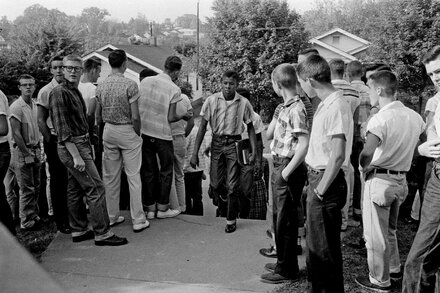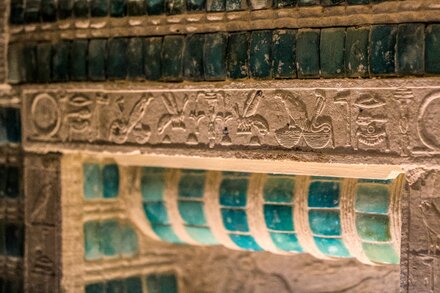
Bobby Cain, a pivotal figure in the American civil rights movement and one of the courageous students who helped desegregate public schools in the South, has died at the age of 85. His passing marks the end of an era for a generation that directly challenged racial segregation.
Cain made history in September 1956 when, at the age of 16, he became one of the first African American students to enroll at the previously all-white Clinton High School in Clinton, Tennessee. His entry, alongside 11 other Black students known as the “Clinton 12,” was a direct result of the landmark 1954 Supreme Court ruling in Brown v. Board of Education, which declared state-sponsored segregation of public schools unconstitutional.
His decision to attend Clinton High was met with fierce resistance and hostility, including protests, threats, and acts of violence from segregationist crowds. Despite the immense pressure, Cain persevered, attending classes under the watchful eye of federalized National Guard troops. His actions, and those of his fellow students, laid critical groundwork for the broader desegregation efforts across the nation.
A Life Defined by Courage
Born in 1939 in Clinton, Tennessee, Cain grew up in a segregated society where opportunities for Black Americans were severely limited. His choice to integrate Clinton High was not merely a personal one but a profound statement against systemic injustice.
“We knew it wouldn’t be easy,” Cain once reflected in an interview. “But we also knew what we were fighting for. We were fighting for our right to an equal education, and for the generations that would come after us. Fear was there, yes, but the resolve to make things better was stronger.”
The challenges Cain faced during his time at Clinton High were well-documented. He endured daily verbal abuse, ostracism, and threats. The school itself became a battleground, culminating in its bombing in 1958, an act attributed to segregationist extremism, though Cain had already transferred by then.
Legacy and Impact
Historians and civil rights advocates universally acknowledge Cain’s significant contribution to the dismantling of segregation. His actions helped to expose the deep-seated resistance to desegregation and spurred further federal intervention in the South.
“Bobby Cain embodied the quiet strength and unwavering courage that defined the foot soldiers of the civil rights movement,” noted Dr. Evelyn Brooks, a historian specializing in post-war American history. “His willingness to face hatred and danger daily for the promise of equality paved the way for countless others and underscored the human cost of racial prejudice. His legacy is etched into the fabric of American progress.”
After leaving Clinton High, Cain continued his education and later served in the military. Throughout his life, he remained a testament to the power of resilience and a symbol of the enduring struggle for civil rights.
His story serves as a powerful reminder of the sacrifices made to achieve a more equitable society and the unfinished work that remains in ensuring true equality for all.
Source: Read the original article here.





